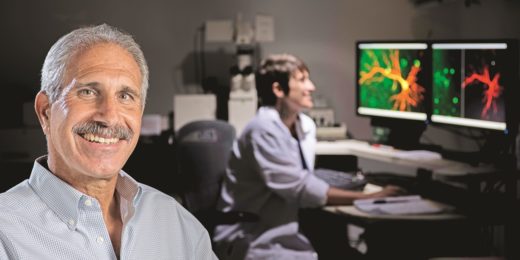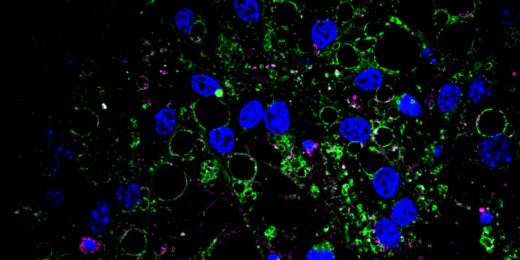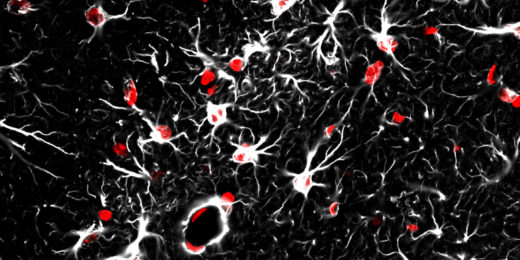In an interview in the journal Neuron, Stanford's Rob Malenka holds forth on a wide range of subjects stretching from reflections on his own career trajectory to his approach to boosting those of his trainees to the future of neuroscience itself.
Being a neuroscientist: A conversation with veteran Stanford brain researcher Rob Malenka
In an interview in the journal Neuron, Stanford's Rob Malenka holds forth on a wide range of subjects stretching from reflections on his own career trajectory to his approach to boosting those of his trainees to the future of neuroscience itself.




